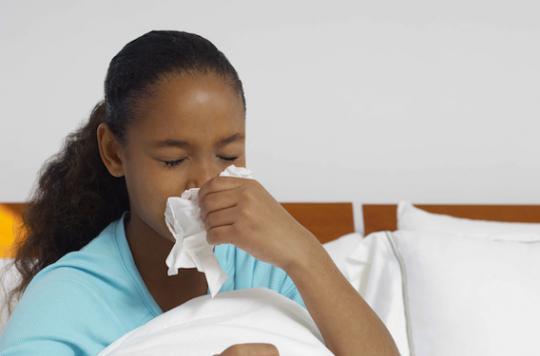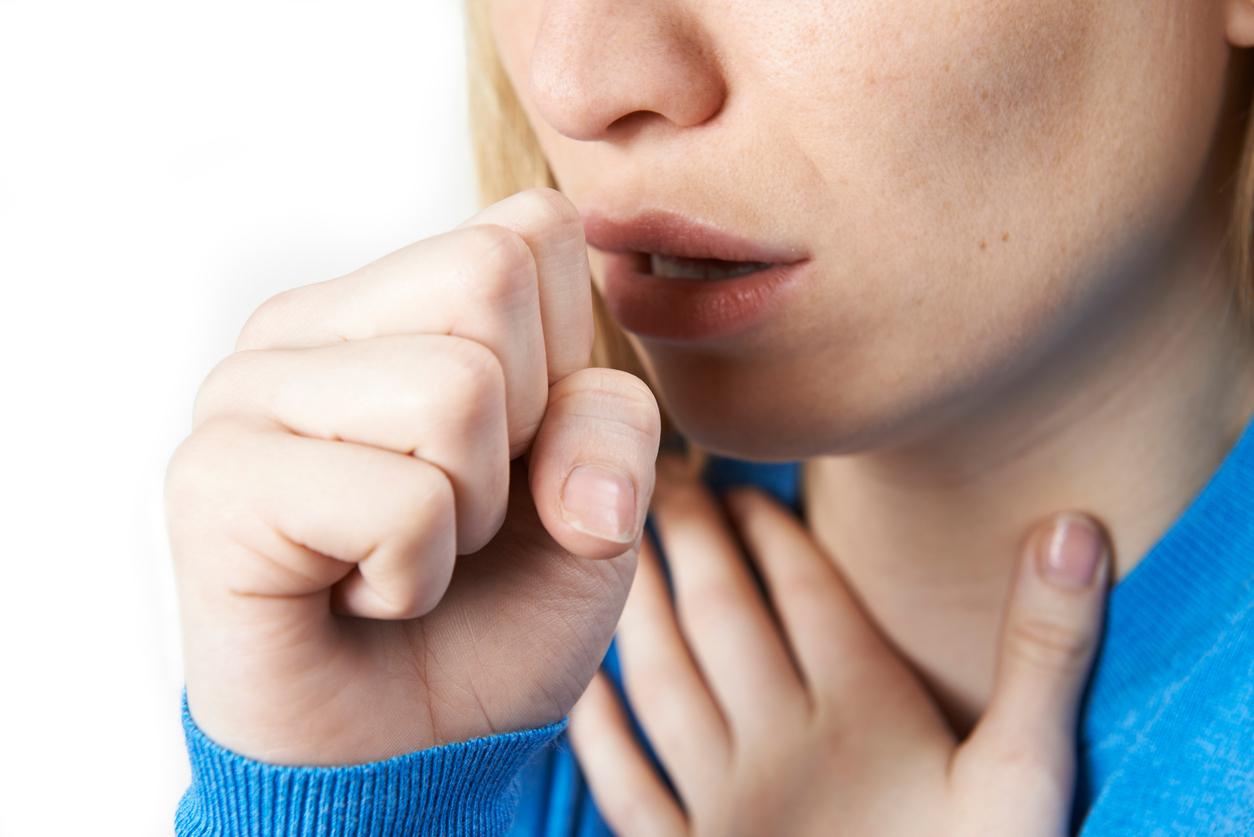Children with whooping cough are more likely to develop signs of epilepsy as they grow older. A Danish study quantifies this risk and recommends vaccination.

Each year, there are 40 to 60 million cases of pertussis worldwide. This respiratory disease is very contagious and is transmitted by mouth. Characterized by a persistent cough and breathing difficulties in the paroxysmal phase, it can be fatal in infants, and be accompanied by severe complications in young children. In particular, cases of encephalopathy or epileptic seizures have been observed in certain cases.
In study published in JAMA, Danish researchers have looked into this epileptic risk and its long-term development in children who have suffered from whooping cough from an early age.
Higher risk
The researchers used a large database of Danish hospitals to select 4,700 participants born between 1978 and 2011, and who were hospitalized for a case of pertussis.
Scientists also formed a test group from the Danish civil register, with 47,000 individuals born around the same time, but who did not become ill. By the age of ten, 1.7% of children who had contracted pertussis suffered from epileptic seizures, compared with only 0.9% of children in the test group.
“The absolute risk of developing signs of epilepsy is higher when one has had whooping cough, but it remains low,” says Dr. Morten Olsen, lead author of this study.
Vaccination advised
According to Dr Olsen, this is mainly an argument in favor of vaccination against whooping cough. In France, only the vaccine against diphtheria, tetanus and polio is mandatory, but vaccinating babies from the age of two months from whooping cough is strongly recommended for parents.
Recalls are then possible from 11 to 13 years old, from 27 to 28 years old, and later in adulthood, for those who have not received an injection against the disease for more than ten years.
.
















